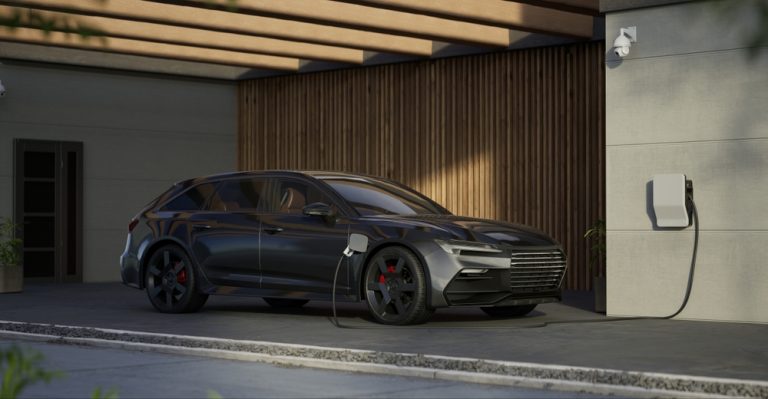President-elect Donald Trump’s transition team has recommended dramatic policy changes to cut support for electric vehicles (EVs) and charging infrastructure, while imposing stricter measures against cars, components, and battery materials from China, according to a document obtained by Reuters.
The recommendations reflect a sharp pivot from President Joe Biden’s EV policies and emphasize boosting U.S. battery production, protecting national security, and imposing global tariffs on battery materials.
Focus on National Defense Over EV Expansion
The proposed policies redirect funding earmarked for EV charging stations and affordability programs toward national-defense priorities. This includes securing a supply chain free of Chinese materials and bolstering domestic production of critical battery components and minerals.
The document asserts that while batteries and critical minerals are essential for defense production, EVs and charging stations themselves are not. It calls for repurposing funds from Biden’s $7.5 billion EV charging initiative to bolster the “national defense supply chain and critical infrastructure.”
Proposed Tariffs and Exemptions to Boost U.S. Production
The transition team recommends imposing tariffs on all battery materials globally, with a strategy to negotiate exemptions with allied nations. This approach aims to encourage domestic production and reduce dependence on China’s dominant EV and battery supply chain.
The recommendations signal a clear departure from the Biden administration’s dual focus on fostering a domestic battery supply chain and accelerating the EV transition.
Elimination of EV Tax Credits
The transition team has proposed eliminating the Biden administration’s $7,500 tax credit for EV purchases, a policy that has helped drive EV adoption. Reuters previously reported this plan, which could deal a significant blow to U.S. EV sales and production, especially as automakers like General Motors and Hyundai introduce more electric offerings in the market.
Potential Impact on Tesla and the U.S. EV Market
Tesla, the leading U.S. EV seller, could feel the effects of reduced subsidies, though CEO Elon Musk has said Tesla would be less affected than its competitors. Musk, who contributed over $250 million to Trump’s campaign, has expressed confidence in Tesla’s ability to weather such policy changes. However, smaller EV manufacturers and legacy automakers transitioning to electric could face significant challenges.
Defense Concerns and China’s Dominance in Battery Supply Chain
The document highlights the U.S. Defense Department’s warnings about vulnerabilities stemming from China’s dominance in mining and refining critical minerals. These include graphite and lithium for batteries, as well as rare-earth metals used in EV motors and military aircraft. The proposed policy shifts aim to reduce these strategic dependencies by strengthening domestic production and diversifying supply sources.
The Trump administration’s proposed changes mark a sharp reversal of Biden-era EV policies, with an emphasis on national security and reducing dependence on China. While these measures could bolster U.S. battery production and critical mineral supply chains, they risk stalling the country’s EV adoption and slowing the automotive industry’s transition to electric vehicles. The impact on automakers, consumers, and global trade relationships remains to be seen.


